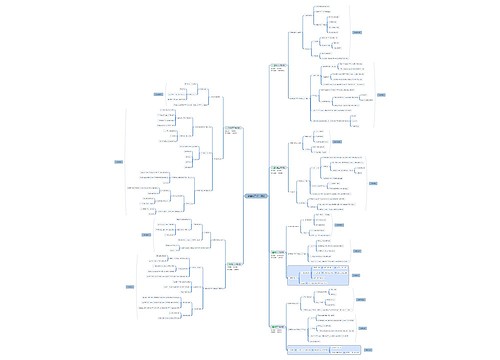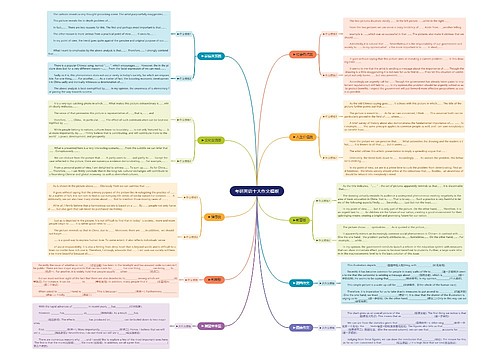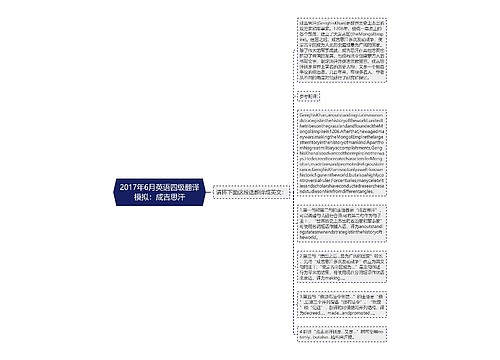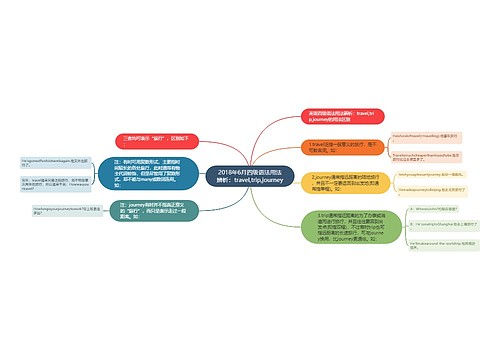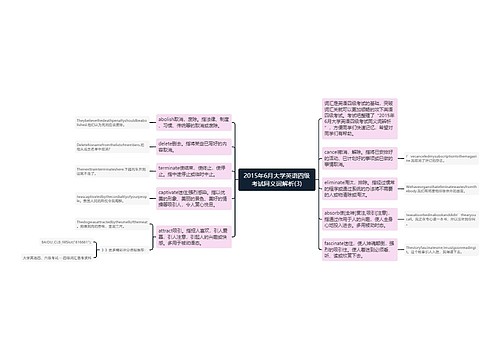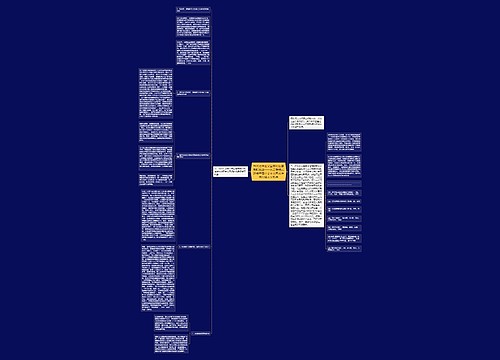Oneofthebitterestandmosttime-wormdebatesinstudentunionbarsupanddownthecountryisresolvedasacademicresearchconfirmsthatinfinancialtermsatleast,artsdegreesareacompletewasteoftime.Gettingthroughuniversityboostsstudents’earningsby25%,onaweightedaverage,or$220,000overtheirlifetime,accordingtoProfessorIanWalkerofWarwickUniversity-butiftheystudyShakespeareorthepeasants’revoltinsteadofanatomyofcontractlaw,thosegainsarelikelytobecompletelywipedout.
Thegovernmentisabouttoallowuniversitiestochargestudentsupto$3,000ayearfortheirdegrees,arguingthatit’sasmallpricetopaycomparedwiththefinancialrewardsgraduatesreaplaterinlife.ButProf.Walker’sresearchshowstherearesharpvariationsinreturnsaccordingtowhichsubjectastudenttakes.
Law,medicineandeconomicsorbusinessarethemostlucrativechoices,makingtheiraverageearnings25%higher,accordingtothearticle,publishedintheofficefornationalstatistics’monthlyjournal.Scientistsget10-15%extra.Atthebottomofthelistareartssubjects,whichmakeonlya“small”differencetoearnings-asmallnegativeone,infact.Justaheadaredegreesineducation-whichleavehardpressedteachersanaverageof5%betteroffayearthaniftheyhadleftschoolat18.
“it’shardtoresisttheconclusionthatwhatstudentslearndoesmatteralot;andsomesubjectareasgivemoremodestfinancialreturnsthanothers,”Prof.Walkersaid.Asaneconomist,hewasquicktopointoutthatstudentsmightgainnon-financialreturnsfromartsdegrees:”Studyingeconomicsmightbeverydull,forexample,andstudyingpost-modernismmightbealotoffun.”
练习题:
Choosecorrectanswerstothequestion:
1.Whatisthebesttitleforthepassage?
A.ProfessorWalker’sResearch
C.DifferencesBetweenScienceandArtsDegrees.
D.StudyingArtsHasNegativeFinancialOutcome.
2.Universitieschargestudentsaratherhightuitionmainlybecause_____
A.theyprovidethestudentswithveryprosperoussubjectstolearn
B.theyassumethattheirgraduatescanearnmuchmorethantheyhadpaid
C.theydon’tgetfinancialsupportfromthegovernment
D.theyneedmuchrevenuetosupporttheeducationalexpenses
3.Theword“lucrative”(Line1,Para.4)mostprobablymeans_____
4.Law,medicalandbusinessgraduatescouldearn25%morethan______
C.thosewhohadnotstudiedattheuniversity
5.Wecansafelyconcludethattheauthor______
A.regardsartsdegreesasmeaningless
B.findsthisresultdisappointingandunfair
C.wantsthestudentstothinktwicebeforetheydecidewhattolearnincollege
D.holdsthatartsdegreesarestillrewardingdespiteitsscarcefinancialreturns
1.[D]主旨大意题。本文为Walker教授的研究成果,旨在说明不同专业的毕业生有不同的经济回报,并非要传授发财心得或者比较文理科的异同。文章首句即为本题解题关键,故D正确。
2.[B]事实细节题。定位至第3段第1句。本文只有这一句与收取学费有关,后一个分句即前一个分句的理由,抓住其中隐含的因果关系就不难找到正确答案。
3.[C]词义理解题。通过下文数据earnings25%higher和get10-15%extra可以推测lucrative大意应为“给人带来丰厚收入的”,故选C。
4.[C]事实细节题。第4段中出现了几个比较数字,考题要求找到此段首句提到的收人增加25%的参照点。第2段第1句中的Gettingthroughuniversity表明这类学生收人增加25%的参照对象是没读大学的人,且从第4段第3句中的thelist和第4句即可以确定这一段是在比较大学毕业与18岁毕业(即没读大学)收入的不同,因此C正确。
5.[D]推理判断题。结论往往出现在文章结尾,要想答对此题,一定要仔细体会本文末句。本文虽然重点讨论文科没有经济效益,但是作者并没有做出主观判断,故A、B、C都不正确,而作者在文章最后讲到了人文学科虽然经济效益不佳但学习过程更有趣,故D符合作者意思。

 U633687664
U633687664
 U582121265
U582121265